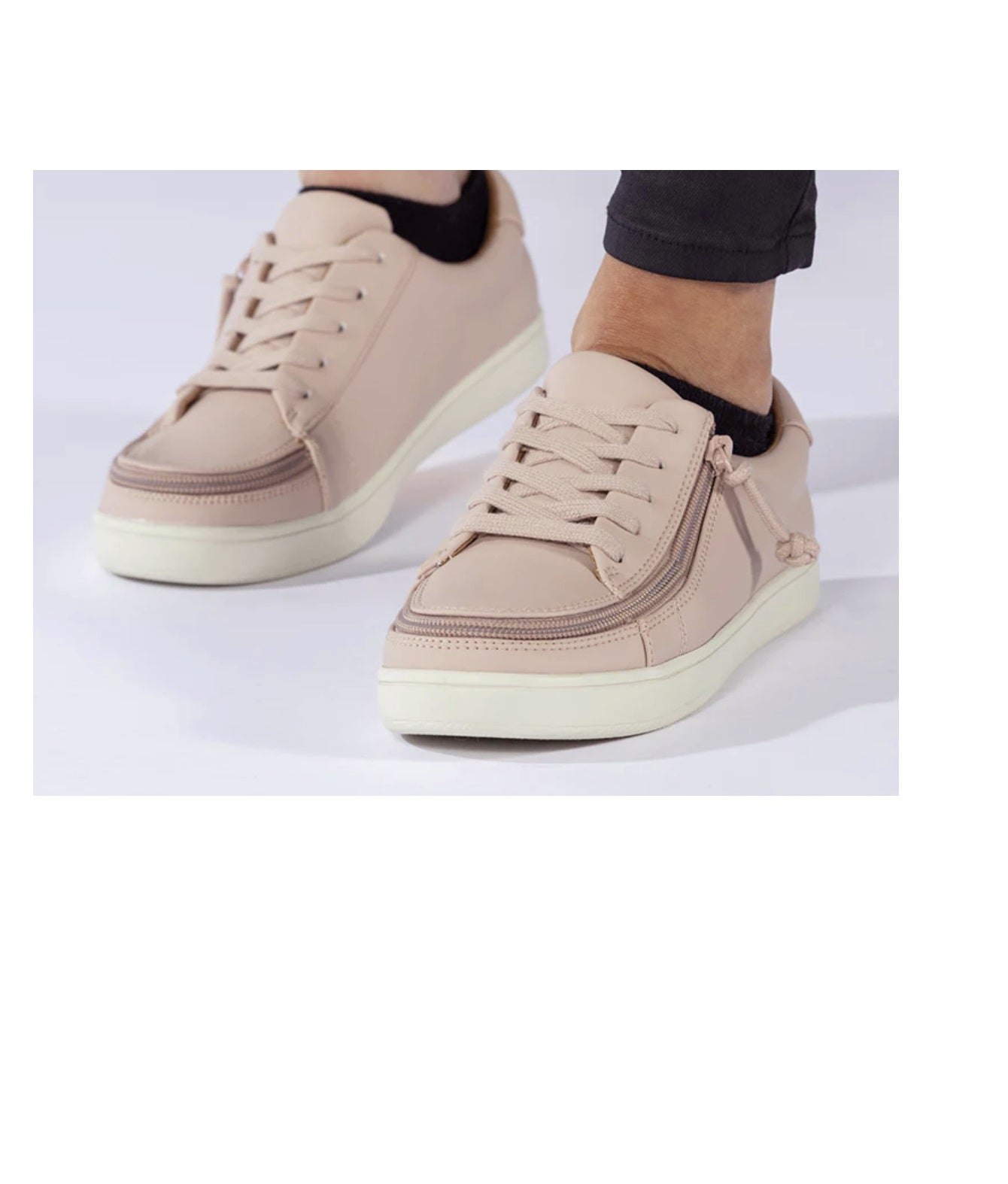Your Cart is Empty
Bill Resident Trust Accounts! Spring Fashions & Colors Now In Stock!

Adaptive footwear refers to specialized shoes designed to accommodate the unique needs and challenges faced by the elderly and disabled individuals. These shoes incorporate modifications and features that enhance comfort, safety, and ease of use for individuals with specific foot conditions, limited mobility, or dexterity issues. Adaptive footwear offers several benefits to the elderly and disabled:
Enhanced Comfort: Adaptive footwear prioritizes comfort through the use of soft, cushioned materials and ergonomic design. They often feature padded insoles, seamless interiors, and adjustable elements to provide a comfortable fit and minimize pressure points. These shoes reduce discomfort and promote better foot health for individuals who may have sensitive or delicate feet.
Improved Stability and Balance: Many adaptive footwear options incorporate stability features such as wider bases, reinforced heel counters, or non-slip soles. These elements enhance stability and reduce the risk of falls, particularly for individuals with balance issues or weak lower limbs. The shoes offer increased support and help maintain proper alignment, improving overall safety during walking or standing.
Customization and Adjustability: Adaptive footwear allows for customization and adjustability to accommodate various foot conditions or swelling. They often have features like adjustable straps, Velcro closures, or stretchable materials to accommodate foot deformities, edema, or other specific needs. This adaptability ensures a proper fit and reduces discomfort caused by ill-fitting shoes.
Easy On and Off: Individuals with limited mobility or dexterity often struggle with putting on and taking off shoes. Adaptive footwear addresses this challenge by incorporating features such as wide openings, elastic or Velcro closures, zippers, or hook-and-loop fasteners. These modifications simplify the process of donning and doffing shoes, promoting independence and reducing reliance on caregivers.
Foot Condition Management: Adaptive footwear can be designed to address specific foot conditions, such as arthritis, diabetes, or foot deformities. They may have features like extra-depth to accommodate orthotics or special insoles, seamless interiors to prevent friction and pressure points, or protective toe boxes to prevent injuries. By providing targeted support and protection, adaptive footwear aids in managing foot conditions and minimizing discomfort.
Promoting Circulation and Foot Health: Adaptive footwear can support proper circulation and foot health. Some shoes incorporate breathable materials or moisture-wicking properties to prevent excessive sweating and reduce the risk of fungal infections. Additionally, adaptive footwear with wider toe boxes or stretchable materials can accommodate foot deformities, bunions, or hammertoes, promoting better circulation and reducing the risk of skin breakdown.
Overall, adaptive footwear offers significant benefits to the elderly and disabled individuals by providing comfort, stability, customization, and ease of use. These shoes are designed to address specific foot challenges and conditions, enhancing overall foot health and promoting mobility and independence. Adaptive footwear plays a vital role in improving the quality of life for individuals who require specialized footwear to accommodate their unique needs.